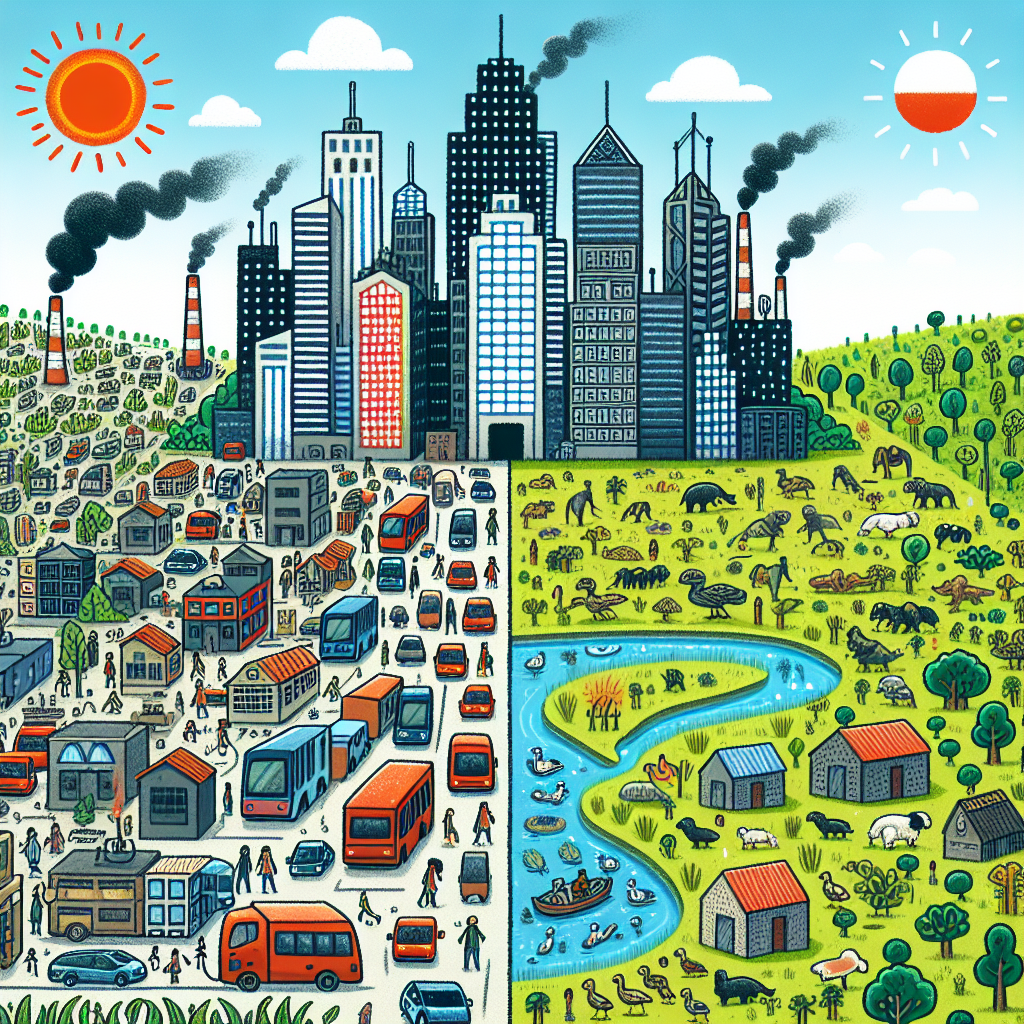Mumbai's Microclimate Menace: Urban Heat Island Impact Unveiled
A climate-tech start-up highlights alarming temperature differences in Mumbai, indicating an intensifying Urban Heat Island effect. The study calls for localised approaches to combat heat stress as microclimate zones emerge in the city, affecting public health, energy demands, and urban planning.

- Country:
- India
Mumbai is experiencing a significant Urban Heat Island (UHI) effect, with parts of the city showing temperature differences of up to 13 degrees Celsius. A study by Climate-tech start-up Respirer Living Sciences reveals the formation of microclimate zones, urging a localised approach to managing heat stress.
The analysis, conducted between March 1 and 22, documented a notable variation in temperatures. Suburbs like Vasai West and Ghatkopar recorded average highs of 33.5 and 33.3 degrees Celsius, while Powai remained cooler at 20.4 degrees. Such disparities are attributed to heat-retaining infrastructure and insufficient vegetation.
Ronak Sutaria, CEO of Respirer Living Sciences, emphasized the implications of these findings, highlighting issues like heightened heat stress and health challenges in densely populated areas. To address these challenges effectively, Sutaria advocates for zone-specific heat forecasting and calls for mitigation efforts centered around hyperlocal data and sustainable urban planning.
(With inputs from agencies.)
ALSO READ
Kenya’s Health PS Mary Muthoni Highlights Bold Reforms for Stronger Public Health
India's Push for Clean Cooking: A Public Health Imperative
U.S. Slashes Global Aid: Impact on Public Health Initiatives
AI chatbots show promise in public health emergencies, but ethical gaps remain
The Controversial Overhaul of SAMHSA: A Threat to U.S. Public Health?










